Why Do Dictators Have Mustaches?
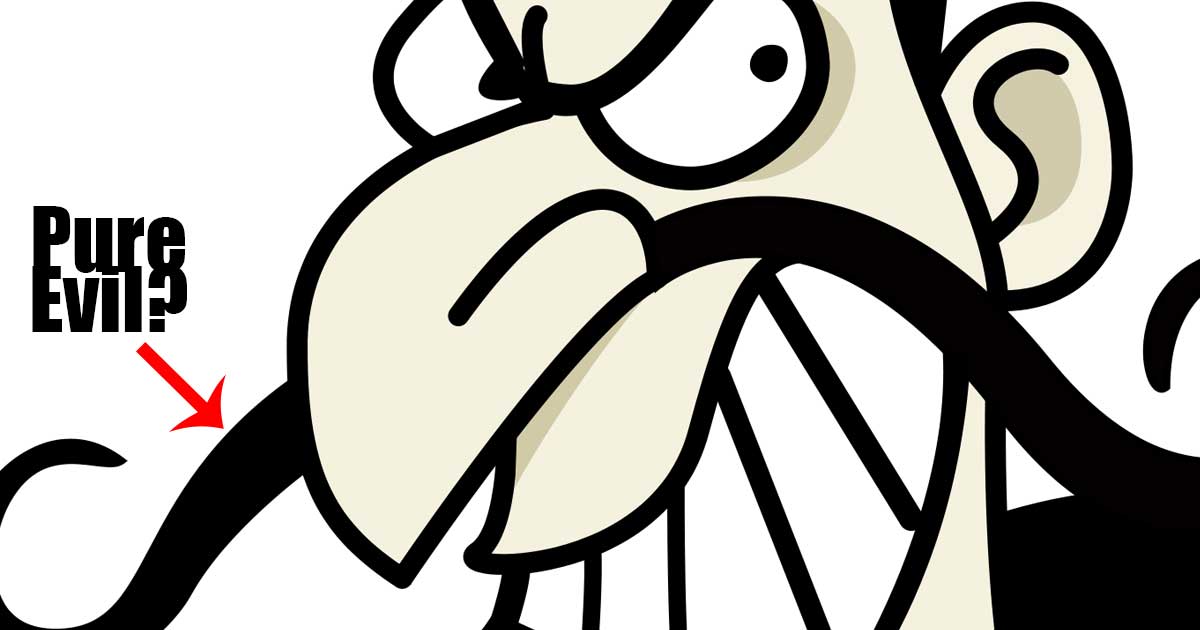
Villains tend to have mustaches, not because facial hair is evil, but because despots style themselves after other despots.
Political Science is the science of politics, or the science of the nation-state. It is the art of diplomacy, the study of ideas, ideologies, and influence, the science of strategy, economics, and rhetoric, and more. Perhaps political science is best summed up by Aristotle in his discussing of man’s role in creating the ideal nation-city-state:
“Political science aims at what is the highest of all goods achievable by action…. though it is worth while to attain the end [AKA happiness/arete/”the greatest good”/”the highest good”] merely for one man, it is finer and more godlike to attain it for a nation or for city-states. These, then, are the ends at which our inquiry aims, since it is political science, in one sense of that term.” – Aristotle on the meaning of life, virtue, morals, ethics, and the city-state, Nicomachean Ethics 350 BC

Villains tend to have mustaches, not because facial hair is evil, but because despots style themselves after other despots.
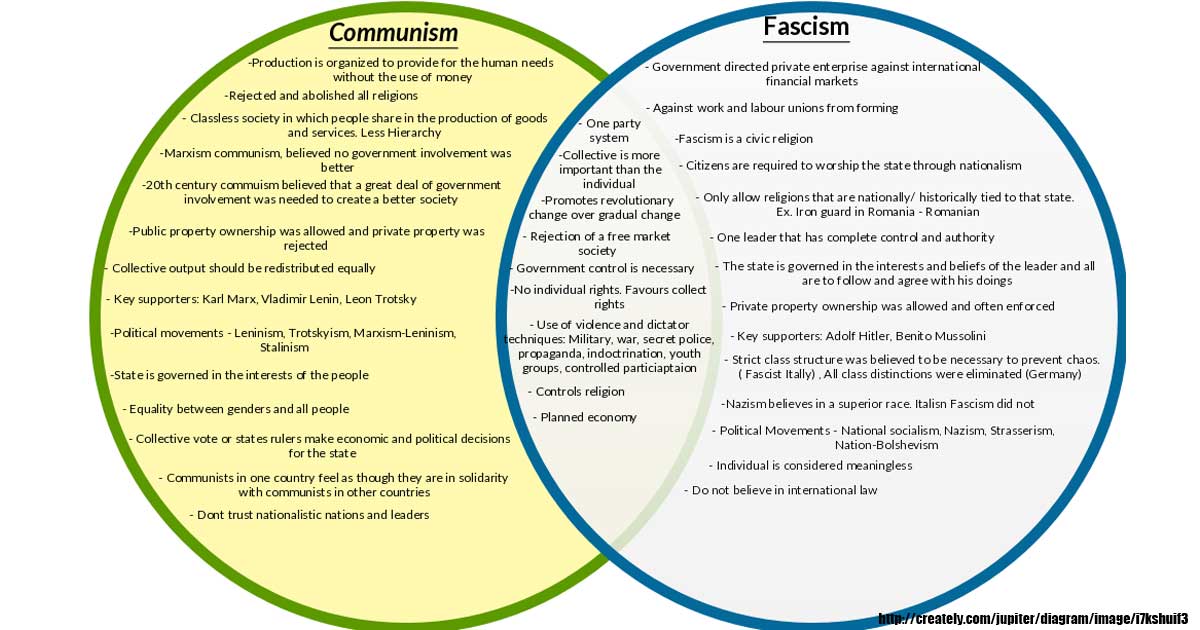
Both Communism and Fascism can be similar in practice in their authoritative forms, but the two are very different ideologically.

The exact origin of the term politically correct isn’t known, although the earliest usage we could find was from 1793 Supreme Court Case Chisholm v. Georgia.

In 1602, the Dutch East India Company (VOC) became the first publicly traded company when it sold shares on its own Amsterdam Stock Exchange (the first stock market).

Hitler came to power in a Democracy as the NAZIs gained seats in the Reichstag, but he was never elected President in a Democratic election.
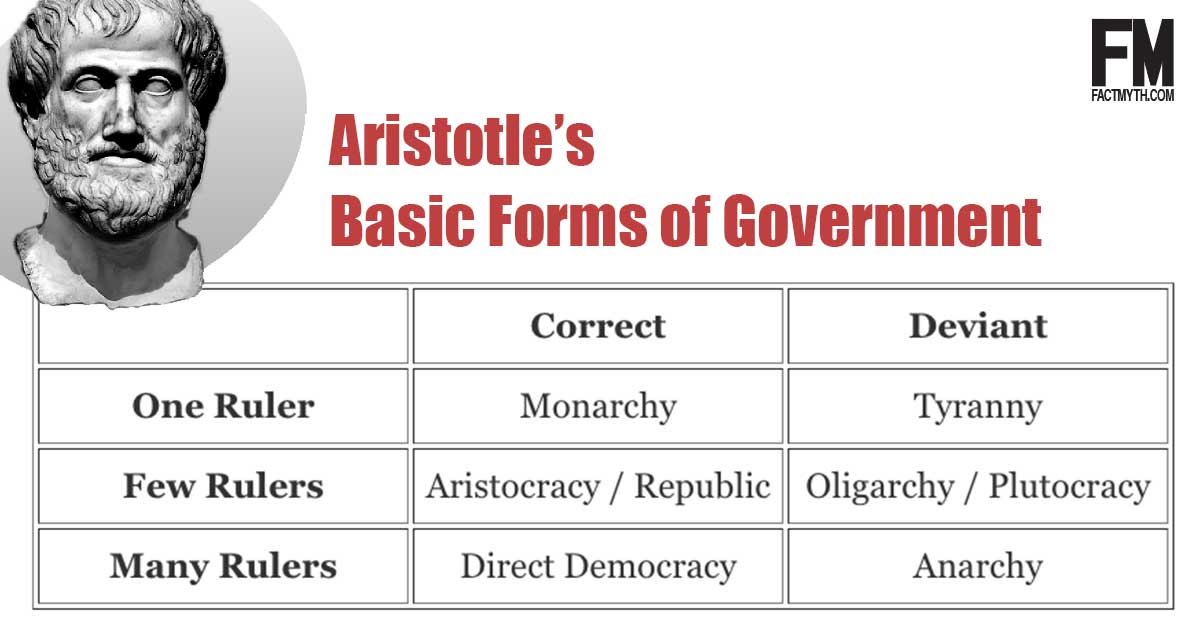
We explain and list the types of governments. We cover the basic classical forms of government, the many types of governments that can be derived from the classical forms, and the actual forms of governments in practice.

Madison drafted both the Constitution and the Bill of Rights, but he wasn’t the sole author of either, both were debated and approved by committees.

Saul Alinsky wasn’t a satanist, nor did he dedicate Rules for Radicals to Lucifer. Alinsky simply used Lucifer as a literary device to teach community organizing.
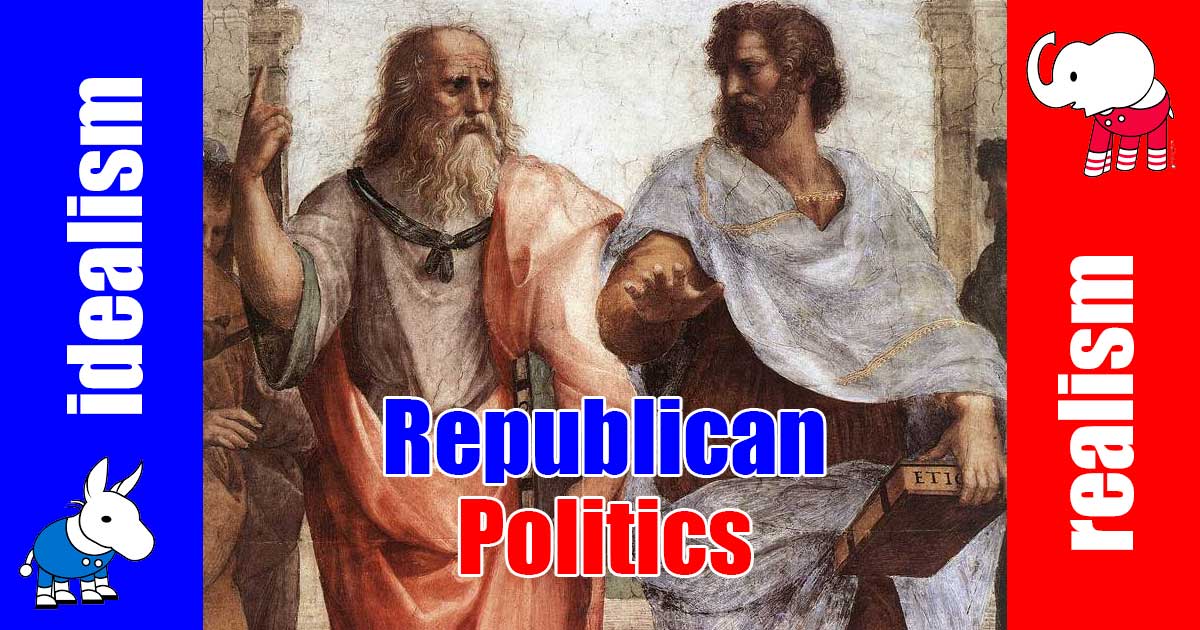
Plato can be understood as the father of rationalism and political philosophy (political idealism), and Aristotle, his student, the father of empiricism and political science (political realism).
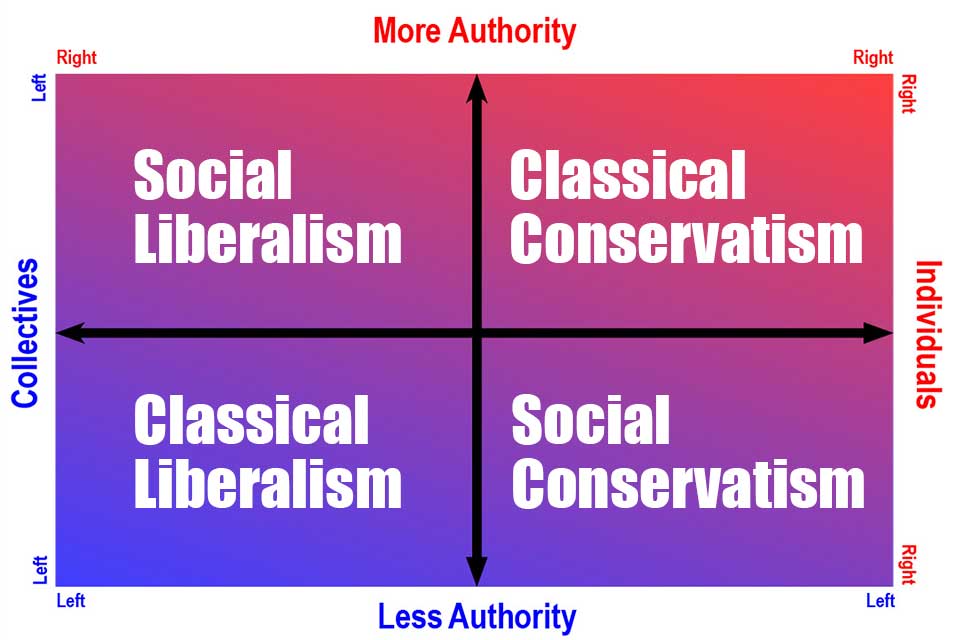
We explain liberalism and conservatism, including the different social and classical types of liberalism and conservatism.